An objectivist Neo-Confucianism
Overview
Chinese Name: 朱熹
English Name: Zhu Xi
Other Names: Zhu Zi 朱子, Duke Wen 文公
Born: October 18, 1130
Died: April 23, 1200
Achievements:
A master of Confucianism 儒学集大成者
A scholar in the Song Dynasty 宋代理学家
Main Works:
Collection of Four Books and Chapters 《四书章句集注》
Collection of Chu Ci 《楚辞集注》
Hui’an Ci 《晦庵词》
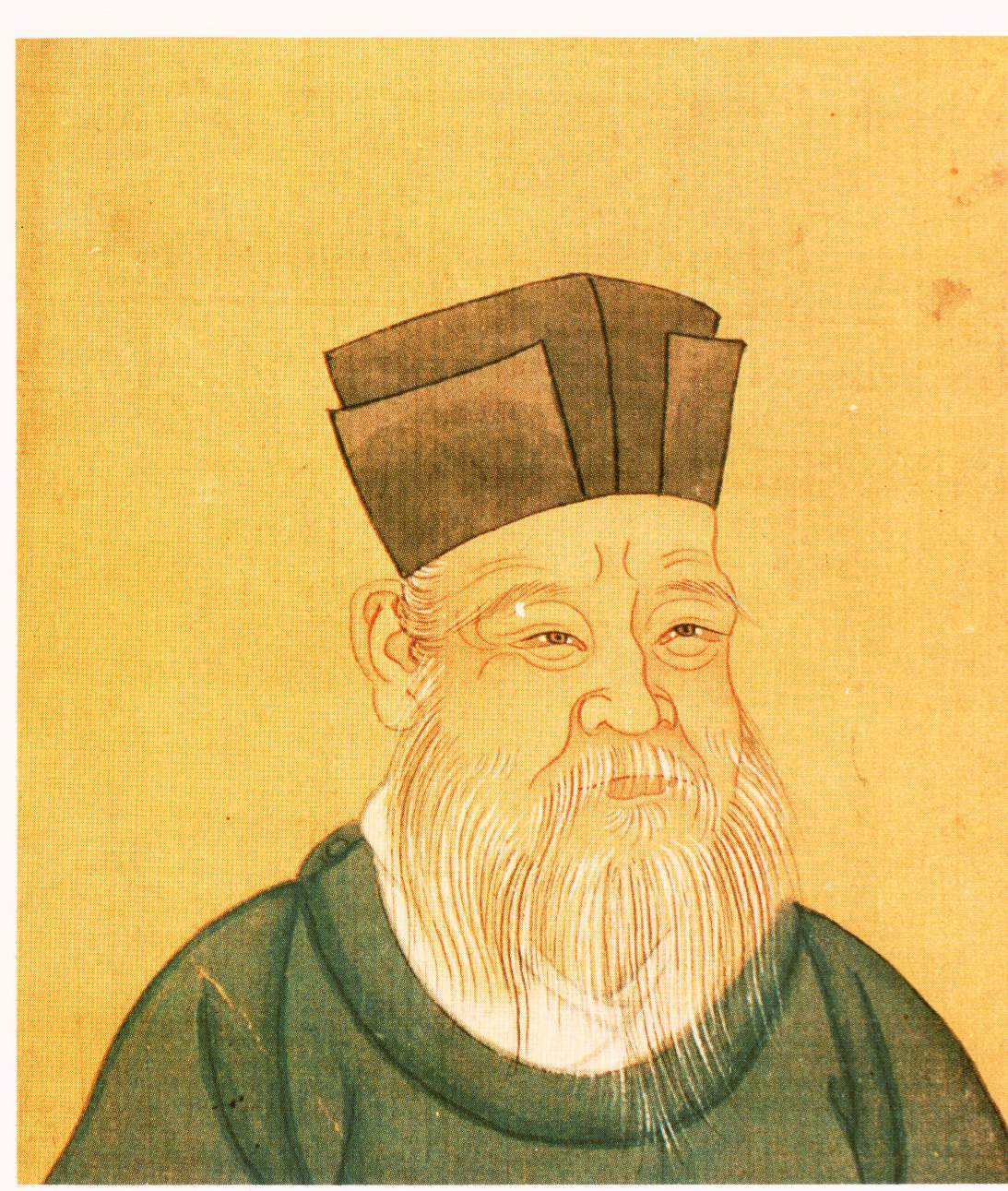
Brief Biography of Zhu Xi
Zhu Xi is a Neo-Confucianist, thinker, philosopher, educator, and poet in the Southern Song 南宋 of China.
Zhu Xi (from October 18, 1130, to April 23, 1200), courtesy name Yuan Hui 元晦, art name Hui An an 晦庵, with the ancestral home of Wuyuan County 婺源县, Huizhou Prefecture 徽州府 (now Wuyuan 婺源, Jiangxi Province 江西省), was born in Youxi 尤溪, Nanjianzhou 南剑州 (now Youxi County 尤溪县, Fujian Province 福建省).
Zhu Xi was a successful candidate when he was 19 years old. He once served as governor of Nankang 南康, Jiangxi Province, Zhangzhou 漳州, Fujian Province, and the governor of eastern Zhejiang Province 浙江省. He was upright and promising as an official and promoted the construction of the Academy.
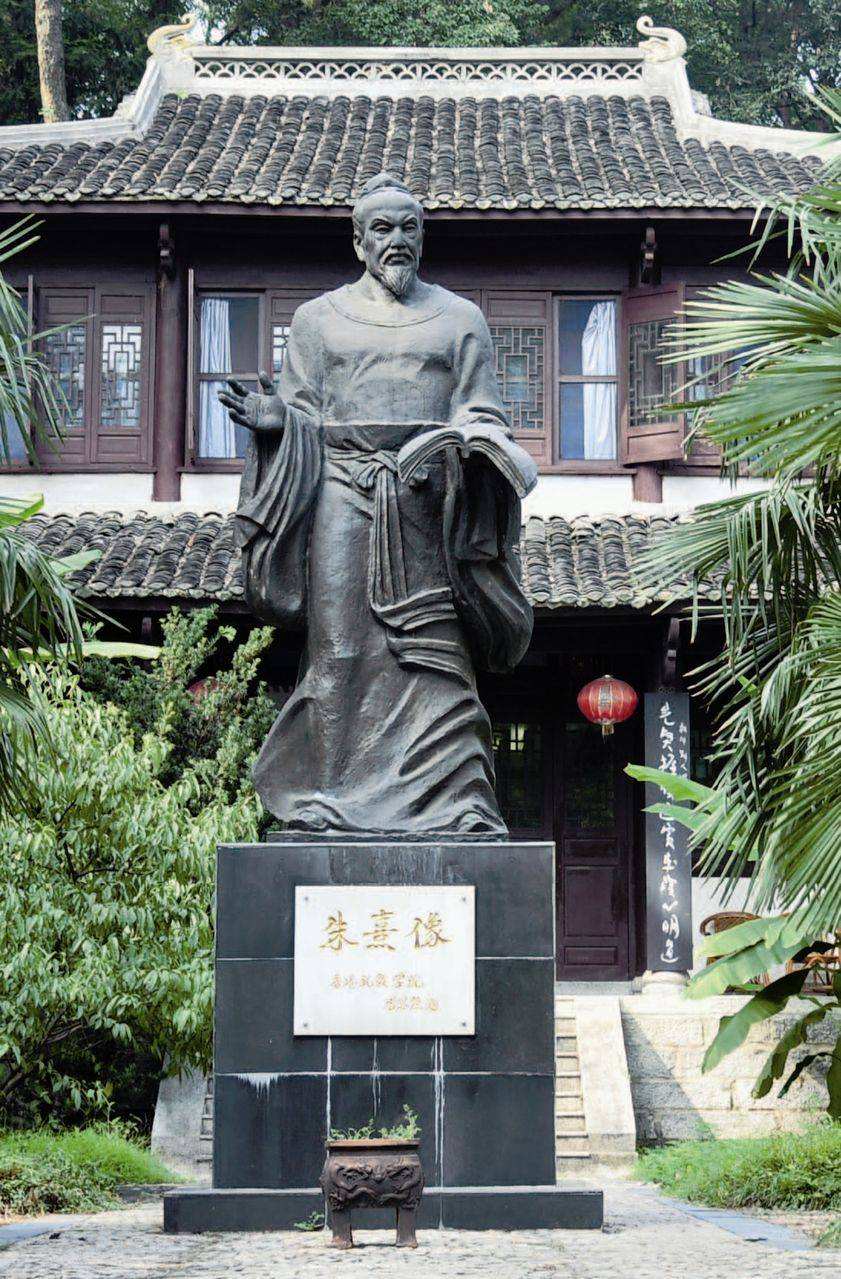
In his later years, he was banned by the Communist Party of Qingyuan, and was listed as the “leader of pseudo-learning”. He died in the sixth year of Qingyuan 庆元 (1200) at 71. Later, he was posthumously awarded the title of Grand Master and Duke of the State of Hui, with the posthumous title of “Wen 文”. Therefore, he was called Duke Zhu Wen.
Zhu Xi is a student of Li Dong 李侗, the third disciple of the “Second Cheng” (Cheng Hao 程颢 and Cheng Yi 程颐), and together with the Second Cheng, they are called the “Cheng Zhu School”. He is the only one who is not a disciple of Confucius and enjoys the worship of Confucius Temple, ranking among the twelve philosophers in Dacheng Hall.
Zhu Xi is the epitome of Neo Confucianism, the representative of Min Studies 闽学, and is honored as Zhu Zi 朱子 by later generations. His Neo-Confucianism had a significant influence and became the official philosophy of the Yuan, Ming, and Qing Dynasties.
Personal Life and Major Contributions
Studying at a young age
In the fifth year of Shaoxing 绍兴 in the Song Dynasty (1135), Zhu Xi began to enter primary school at the age of five and was able to read the Filial Piety Sutra.
In the 13th year of Shaoxing (1143), Zhu Song 朱松, Zhu Xi’s father, died of illness in Jian’ou 建瓯. Before his death, he entrusted Zhu Xi to Liu Ziyu 刘子羽 (his adoptive father), a friend of Wufu 五夫 in Chongan 崇安 (today’s Wuyishan City 武夷山市). Then,he wrote a letter to ask Liu Zihui 刘子翚 (Pingshan 屏山), Liu Mianzhi 刘勉之 (Baishui 白水), Hu Xian 胡宪 (Jixi 籍溪), friends of Wufu 五夫, to educate Zhu Xi on his behalf. Liu Ziyu regarded him as his own child, and placed Zhu Xi’s family in the building next to his house, named Ziyang Tower.
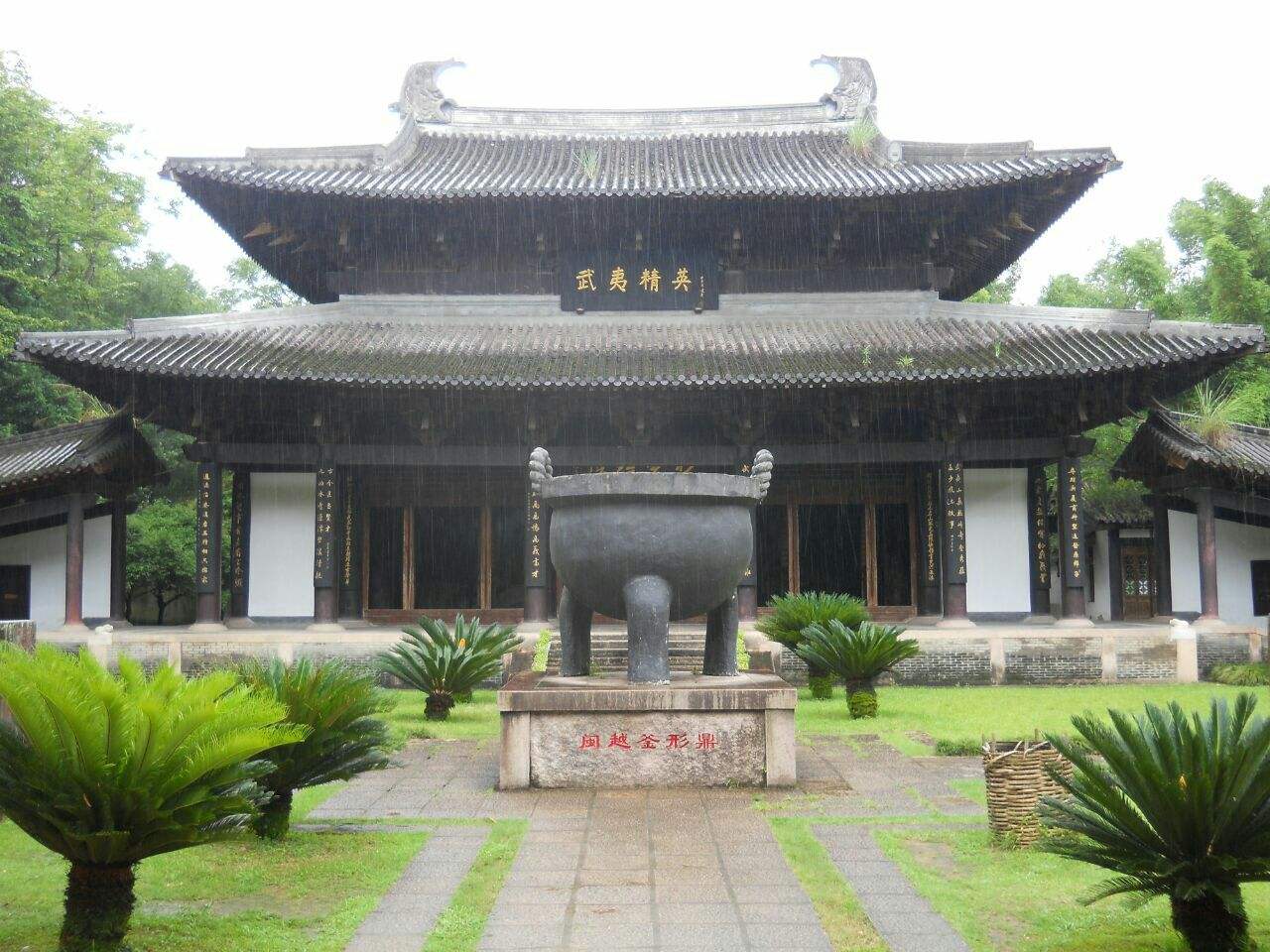
In the seventeenth year of Shaoxing (1147), he was 18 years old and passed the examination in Jianzhou Rural Examination.
In the spring of the 18th year of Shaoxing (1148), Liu Mianzhi betrothed his daughter Liu Qingsi 刘清四 to Zhu Xi. In March of the same year, he entered the imperial examination of the capital, ranking fifth Jia, ninetieth in the list of Zuobang 佐榜. The imperial edict granted him the same status as a scholar.
Study hard and write books to expound a theory
In the ninth year of Chunxi 淳熙 ‘s reign (1182), when Zhu Xi was 52 years old, he published the four books “University Chapters 大学章句”, “Doctrine of the Mean Chapters 中庸章句”, “Commentary on the Analects of Confucius 论语集注” and “Commentary on Mencius 孟子集注” together, and the name of “Four Books 四书” in the history of Confucian classics appeared for the first time.
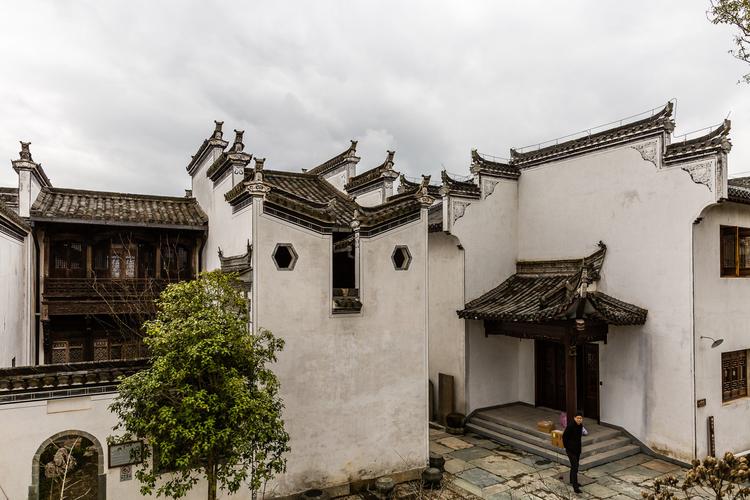
After that, Zhu Xi still painstakingly revised the “Four Books Collection Notes 四书集注”, and the day before his death, Zhu Xi was still revising the “University Chapters 大学章句”. He set the “Four Books” as the criterion for feudal scholars to cultivate their moral character, and the “Four Books” constituted a complete Neo Confucianism ideology of him. From the Yuan Dynasty 元朝 to the Ming and Qing Dynasties 明清, the “Four Books Collection Notes” has long been favored by the feudal dynasties, as the foundation of governing the country, as well as the norms of people’s thinking and behavior, and became the standard textbook of the feudal imperial examination.
Neo-Confucianism
Neo-Confucianism, also known as Daoism 道学, is a theory that aims to study the moral principles of Confucian classics, namely the so-called theory of moral principles.
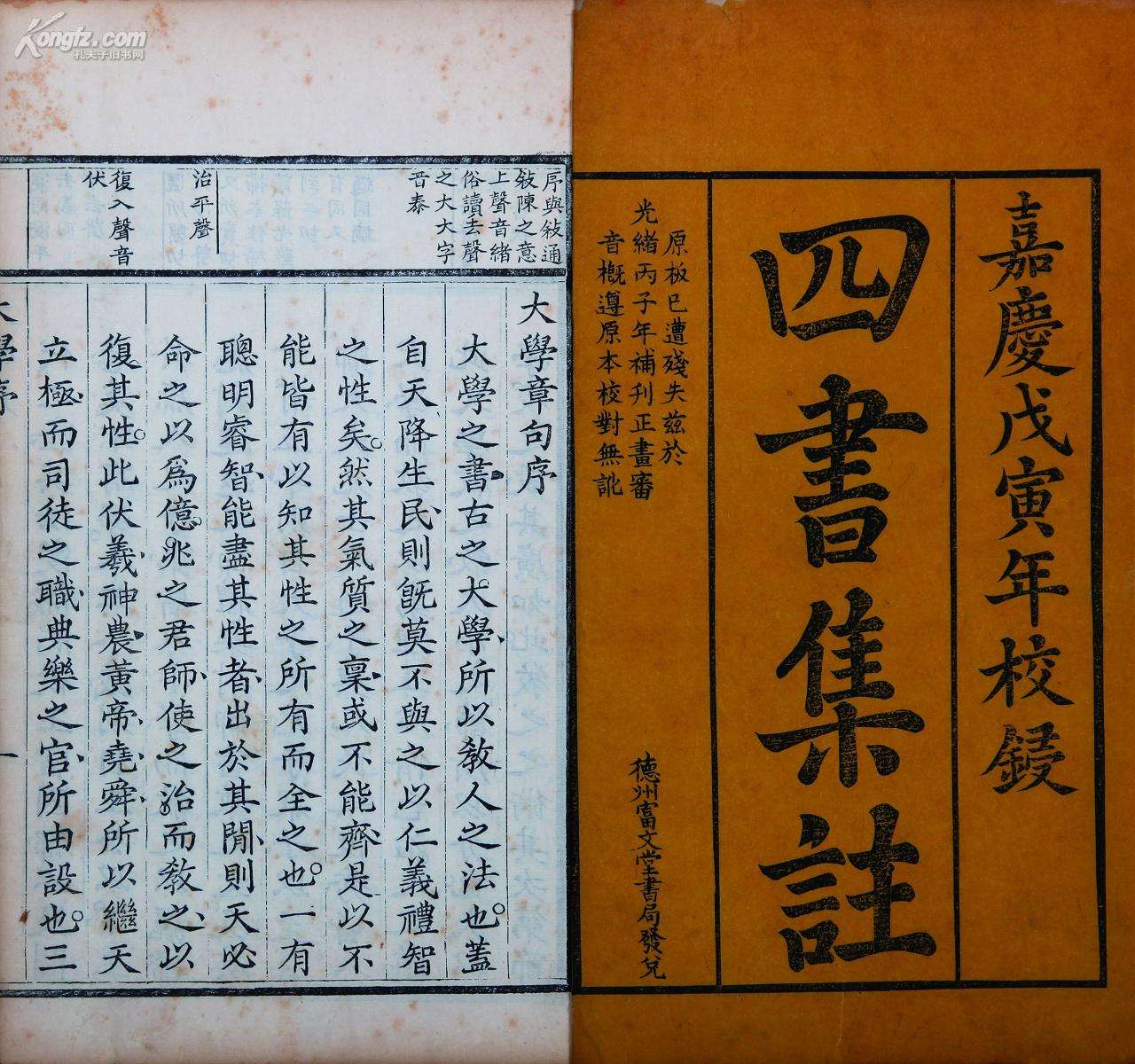
In the Song Dynasty, Zhu Xi had the deepest academic attainments and the greatest influence. He summarized the previous thoughts, especially the thought of the Song Dynasty, and established a huge system of Neo-Confucianism, which became a great achievement of the Song Dynasty. His achievements were praised by later generations. His thoughts were respected as official studies, and he himself was mentioned together with Confucius’s sages and was called “Zhu Zi”.